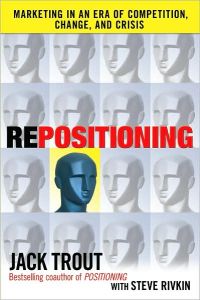
Repositioning
Marketing in an Era of Competition, Change, and Crisis
Recommendation
“This turned out to be a difficult book to write because I’ve already written so much on the subject...Readers of my work might recognize some things I’ve mentioned in one of my 15 other books.” So reads the opening lines of marketing maven Jack Trout’s guide to repositioning. This defeatist introduction doesn’t exactly promise much in the way of ingenuity or innovation. However, when you peruse this book, a follow-up to the business classic Positioning: The Battle for Your Mind, it quickly becomes clear why Trout is in great demand as a speaker. The book reads like a marketing presentation. In a dynamic and engaging way, Trout, with the aid of marketing consultant Steve Rivkin, explains how repositioning can help you differentiate your brand from your competition, manage change and deal with crises. The book is filled with marketing war stories of successes and failures, with an occasional (if a tad egotistical) aside – such as, “If only they had taken my advice...” – thrown in. Although full of colorful real-life case studies, it is, at times, short on tactics and applicable advice. getAbstract recommends Trout’s previous bestseller to those who are new to marketing and this sequel to anyone who desires a refresher course.
Summary
About the Authors
Jack Trout is co-author of the business bestseller Positioning: The Battle for Your Mind. He’s president of the consulting firm Trout & Partners. Steve Rivkin is founder of Rivkin & Associates, a marketing consultancy.








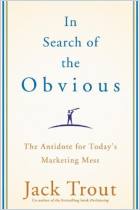



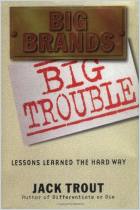

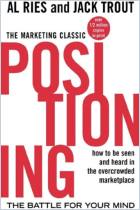
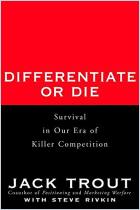
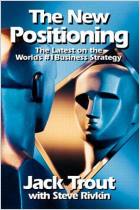





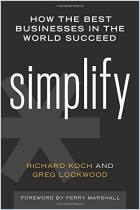
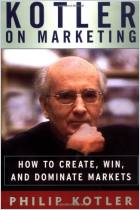





Comment on this summary